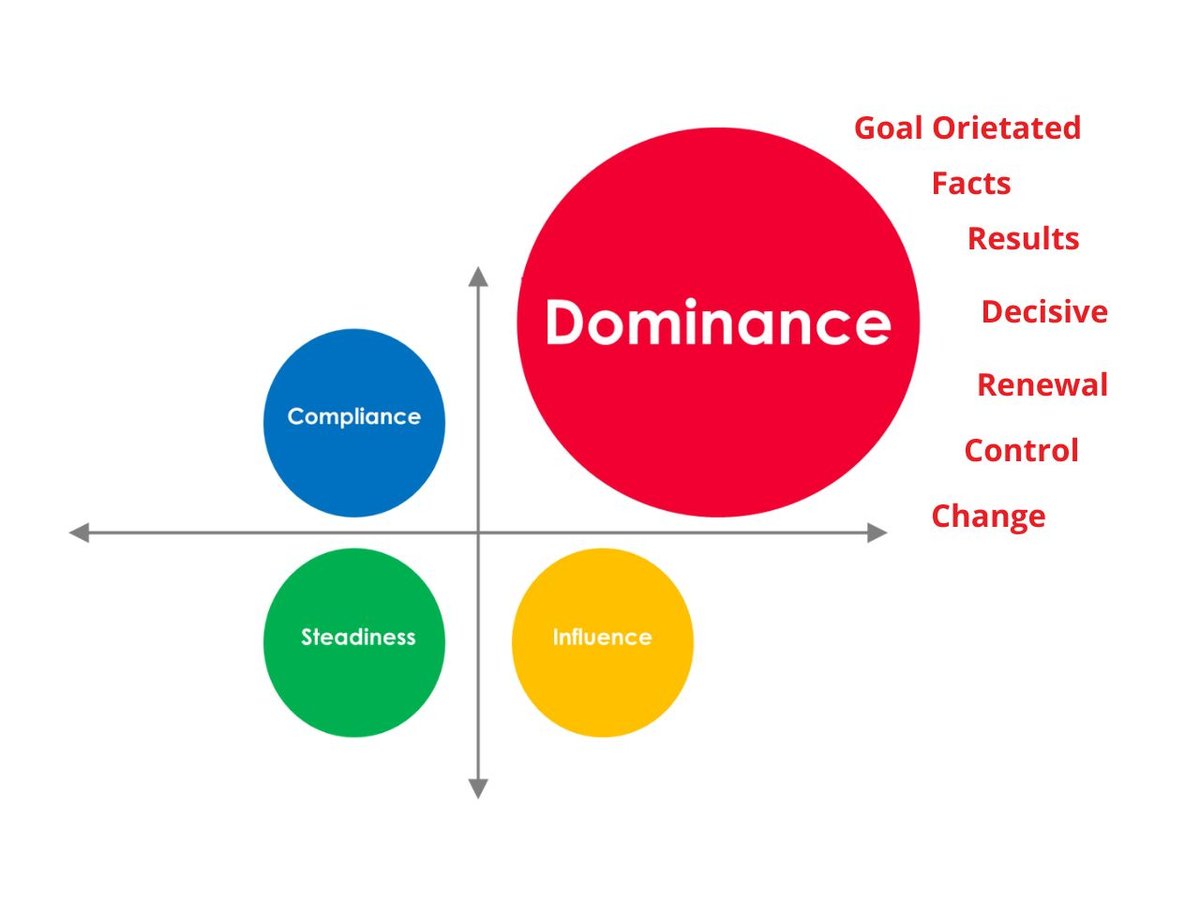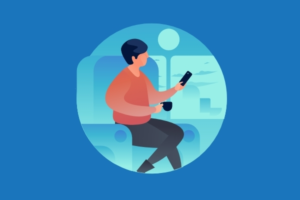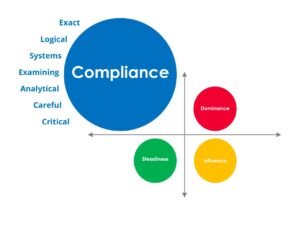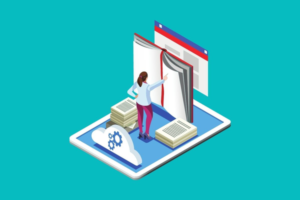The type d personality profile, also known as Dominance or D style, is one of the four basic DISC types that originate from William Marston’s DISC Model.
D Styles are the rarest personality type, they form approximately 9% of the worldwide population.
Key Characteristics of a D Style Personality
High D personality styles are competitive, aggressive, decisive and results-oriented. They prefer to move fast, take risks and get things done now. D styles also like to be in charge, control and have the power. They want change and challenges. They’re not the warmest people, they are no-nonsense and can come across as very direct. People often turn to type D personality styles to drive projects as they get things done.
High D personality styles are:
- Decisive
- Tough
- Strong-willed
- Competitive
- Demanding
- Self-Confident
Communication of D Style Personality
D Styles tend to dominate the conversation, so their communication style is often one-directional. D Styles come across as blunt as they communicate efficiently as possible. They express their opinions as facts that need no further discussion. D personality types often challenge and question others. When speaking, they use a lot of vocal variety. They are usually loud and adopt an authoritative tone.
D styles usually ask questions like:
- ‘How does this affect me?’
- ‘What is the bottom line?’
When communicating with dominant individuals, go straight to the point. Avoid small talk. Discuss the bottom line, be brief, refrain from repeating yourself and focus on solutions rather than problems.
How to Work with a D Style Personality
As the rarest DISC profile, we don’t often work directly with a type D personality. They are commonly found in the leadership levels of an organisation. When you do come across a D type in the workplace here are some tips to work effectively with them.
Meeting with a D Style

Meetings should be very brief, to the point, and only scheduled when necessary. D styles will become impatient if the meeting includes lots of chatter and small talk.
Emailing a D Style

Emails should be short, business-like, and concise. D styles prefer you get straight to the point and avoid using phrases such as ‘How are you’ or ‘I hope you are well’ to start the email. When emailing D styles often use only the subject line.
Providing a D Style with Feedback

When offering positive feedback, it should be direct, actionable, and focused on the most critical points. For example, “if you focus on a, b and c, you’ll be creating bigger results with a significant impact on the bottom line for the entire organisation.” High D styles prefer compliments on their ideas or results, rather than their personality.
How to Motivate Type D Personality

Motivate your D types by giving them room to act independently. They are motivated when they can contribute to problem-solving and decision making and can work autonomously. Focusing on the long term goals, rather than short terms achievements will help motivate a D style.
D Personality Working Remotely

Being highly results-driven, they are likely to stay focused and complete tasks efficiently. However, when leading a team remotely, D Styles may struggle with the physical distance, feeling a sense of lost control. It’s important to keep your D Style team members engaged by ensuring they stay connected with the group and have opportunities to share their progress and opinions.
D-Style Leaders

A D style leader emphasises a more authoritarian style of leadership. Authoritative leaders are great in crisis situations and can even create a crisis of their own if there isn’t one! They are looked at as a ‘things leader’ and look for results and may see people as any other resource.
D-Style Stress

Causes of stress for the DISC D Personality include losing control, losing their position and authority and the inability to make independent decisions. To relieve stress from the high D personality, give them room to act independently and provide them with responsibility
Get Started with Extended DISC® Today
What does a D Style Personality Contribute to a Team?
D styles typically want to be above a team and are usually the leaders. They tend to be very autocratic managers in a team and rise to the top during crisis moments. They participate in teamwork if it supports their own goals and needs. When in teams, D styles are great at creating new systems and making decisions. They keep the group moving forward and provide clear direction.
What are the Strengths of a D Type Personality?
Strengths typically associated with the type D personality styles is the ability to tackle challenging problems that deal with many issues. D styles are forward-thinking, aggressive and competitive. D personalities work well in environments that vary and change often. They aim for achievable results and are not afraid to take responsibility.
D styles:
- Concentrate on goals
- Eliminate unnecessary hesitation
- Make quick decisions
- Do not get bogged down in routines
- Act fast and bravely
What are the Potential Weaknesses in a D Type Personality?
Dominant individuals can come across as impatient, overbearing and even rude. They are often not very good listeners and are prone to make snap decisions. Others may perceive D styles as somewhat self-centred, demanding, blunt, and overly aggressive.
D personality types do not find it easy to trust others. They prefer to work independently without asking for help or assistance from others. If the support of others is necessary, they tend to issue orders directly, rather than asking for cooperation.
D styles:
- Don’t like listening to others
- Can be disruptive and interrupt others
- Are very direct which may insult others
- Tend to exceed authority as they prefer to be in charge
- Can be impatient when giving or dealing with detailed instructions
Typical Careers for a D Style Personality
D styles typically perform well in management and sales roles. Their behavioural style is naturally suited to the skills needed for the job. The aggressive pace of work by type D personalities bring quick results.
Jobs best suited to D behaviours are:
- Sports Coach
- Floor Supervisor
- Projective Manager
- Military or Police Office
- Chief Executive Officer
It’s important to note that your DISC personality type does not limit your career opportunities in any way. It simply helps you understand what behaviours will take energy and which come naturally to you.
What about the other DISC styles?

I personality styles are talkative, optimistic and lively. They are people-focused and influence others.

S styles are calm, patient and modest. They are people-focused and eager to help others.

C personality are logical, analytical and correct. They are task-focused and get things done accurately.
Want to Learn More About the DISC Styles?
Become Accredited in Extended DISC®




